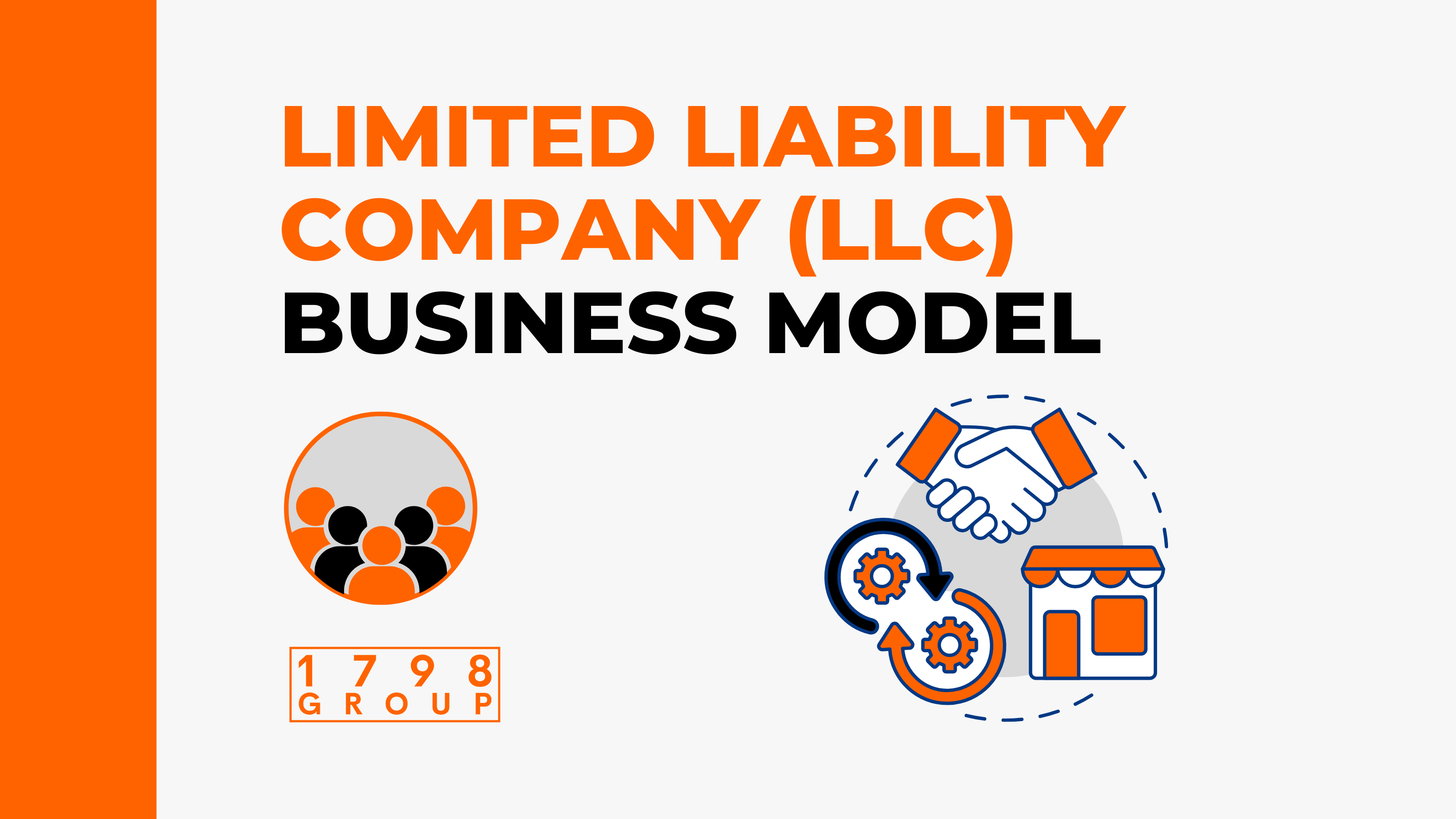
The Limited Liability Company (LLC) business model is a hybrid business structure that offers the benefits of both partnerships and corporations. LLCs provide liability protection for business owners, similar to a corporation, but with the flexibility and tax benefits of a partnership. LLCs are a popular choice for small businesses, as they offer many advantages and fewer formalities than corporations.
How an LLC Works
An LLC is owned by its members, who can be individuals, corporations, or other LLCs. The members can choose to manage the LLC themselves or hire a manager to oversee the business’s day-to-day operations. LLCs are treated as pass-through entities for tax purposes, meaning the company does not pay income tax. Instead, each member reports their share of the profits or losses on their personal income tax returns.
Advantages of LLCs
Liability Protection: LLCs provide limited liability protection for their members, meaning that the personal assets of the members are protected from the debts and liabilities of the business. This means that members are only liable for the amount of their investment in the company.
Flexibility: LLCs offer greater flexibility than corporations in terms of management structure and ownership. Members can choose to manage the business themselves or hire a manager, and there are no restrictions on the number of members an LLC can have.
Tax Benefits: LLCs are treated as pass-through entities for tax purposes, meaning the business does not pay income tax. Instead, each member reports their share of the profits or losses on their personal income tax returns. This can result in tax savings for members, as they may be able to deduct business losses from their personal income.
Easy Formation: LLCs are relatively easy to form and maintain. There are no requirements for annual meetings or formal record-keeping, and the initial setup process is straightforward.
Disadvantages of LLCs
Self-Employment Taxes: Members of an LLC are subject to self-employment taxes on their share of the profits, which can result in higher taxes compared to other business structures.
Limited Life: LLCs have a limited life and may dissolve if a member leaves or dies. This can cause disruptions to the business or limit the ability to expand.
Complexity: While LLCs offer more flexibility than corporations, they can be more complex to set up and manage than other business structures. Members may need to consult with a lawyer or accountant to help with the legal and financial aspects of the business.
Examples of LLCs
- A marketing agency owned by several members who each contribute their unique skills and expertise to the business.
- A real estate investment company that owns and manages multiple rental properties.
- A small business consulting firm with a few members who work together to provide services to clients.
- An online retailer owned and operated by a small group of members who handle the logistics and marketing of the business.
Conclusion
LLCs are a popular legal form of business that offer the benefits of both partnerships and corporations. They provide liability protection for their members, tax benefits, and greater flexibility in management and ownership. However, LLCs also have disadvantages, such as self-employment taxes and limited life. If you are interested in starting an LLC, it is recommended to consult with a lawyer or accountant to help with the legal and financial aspects of the business.



